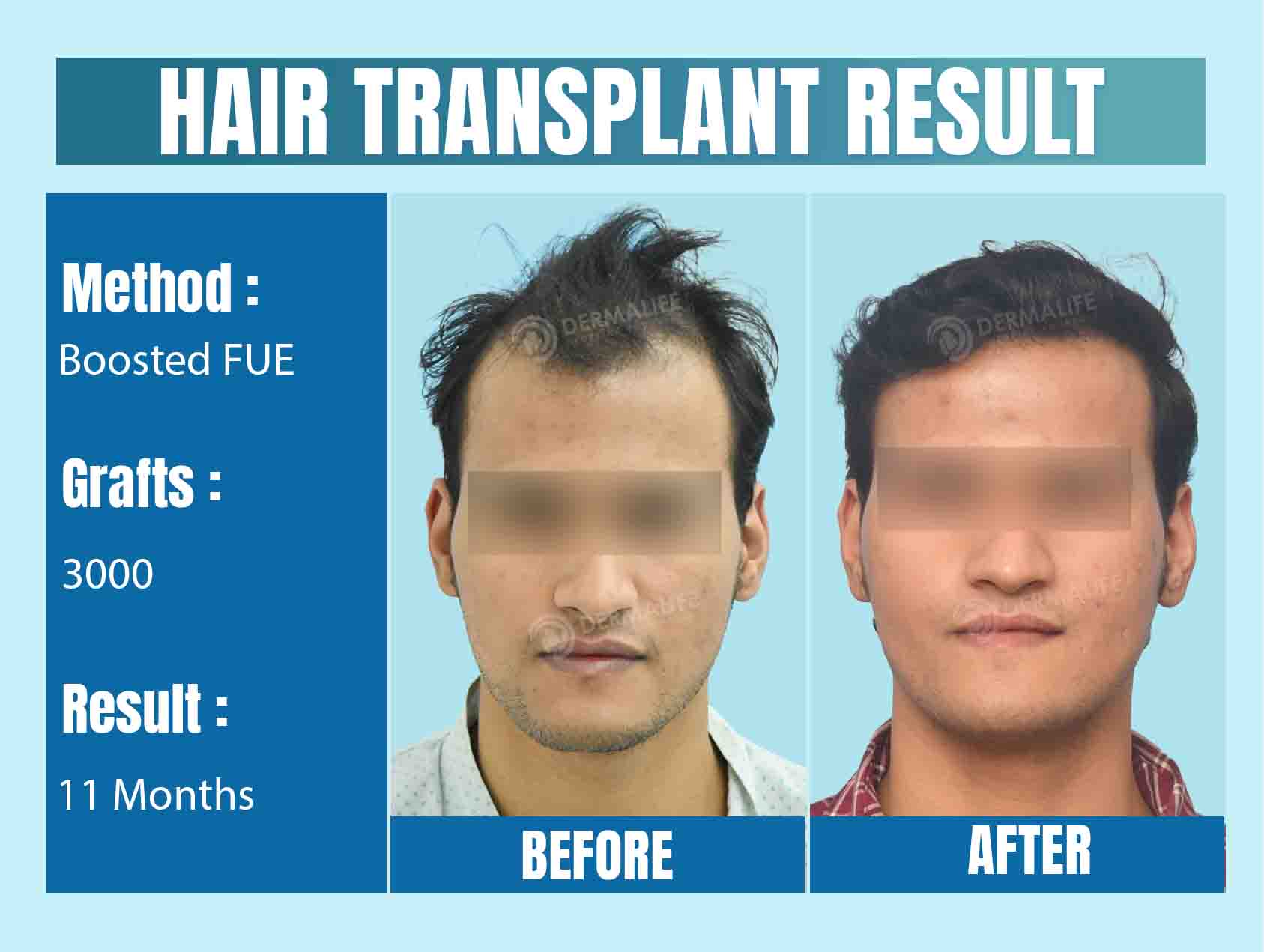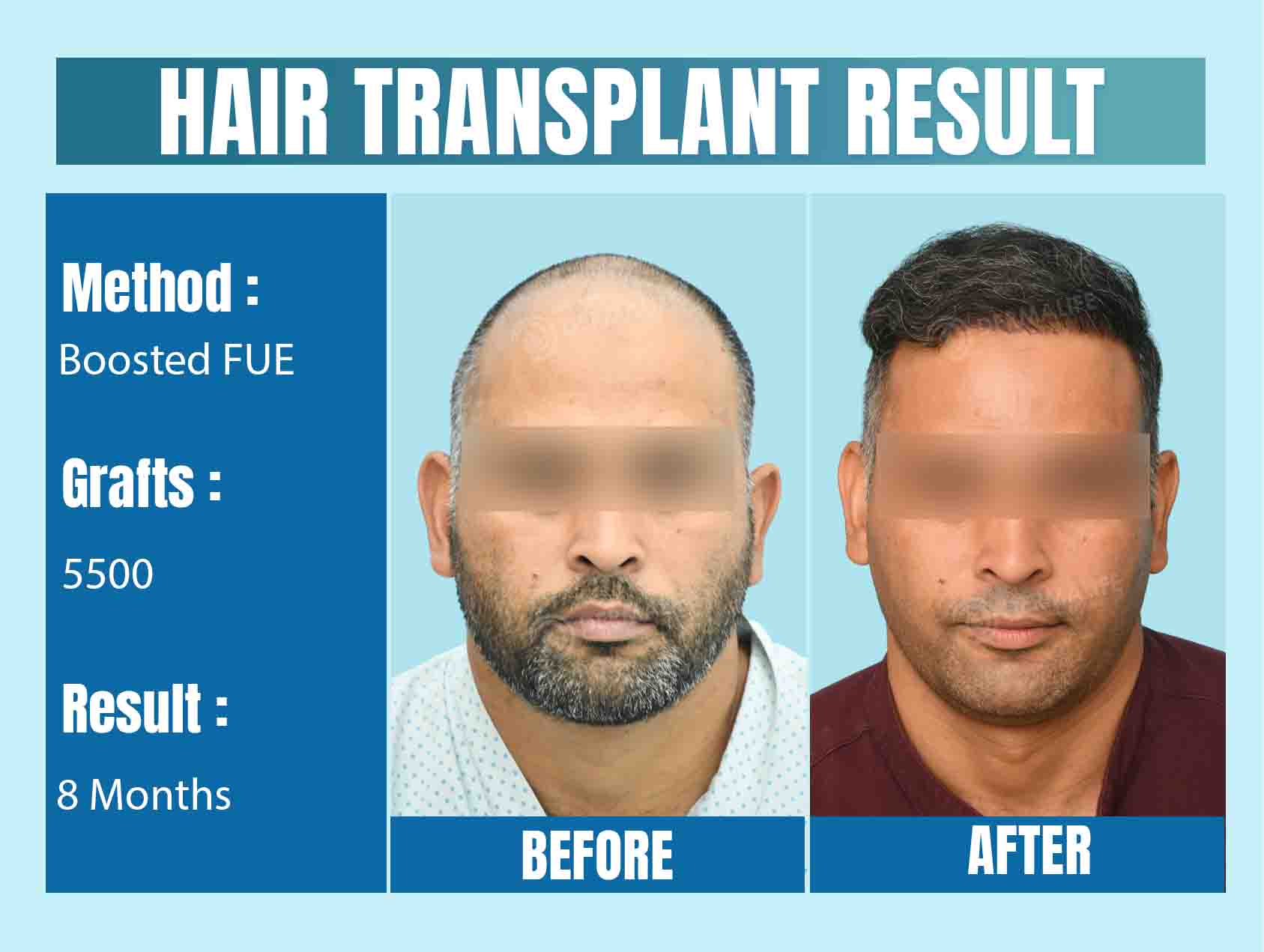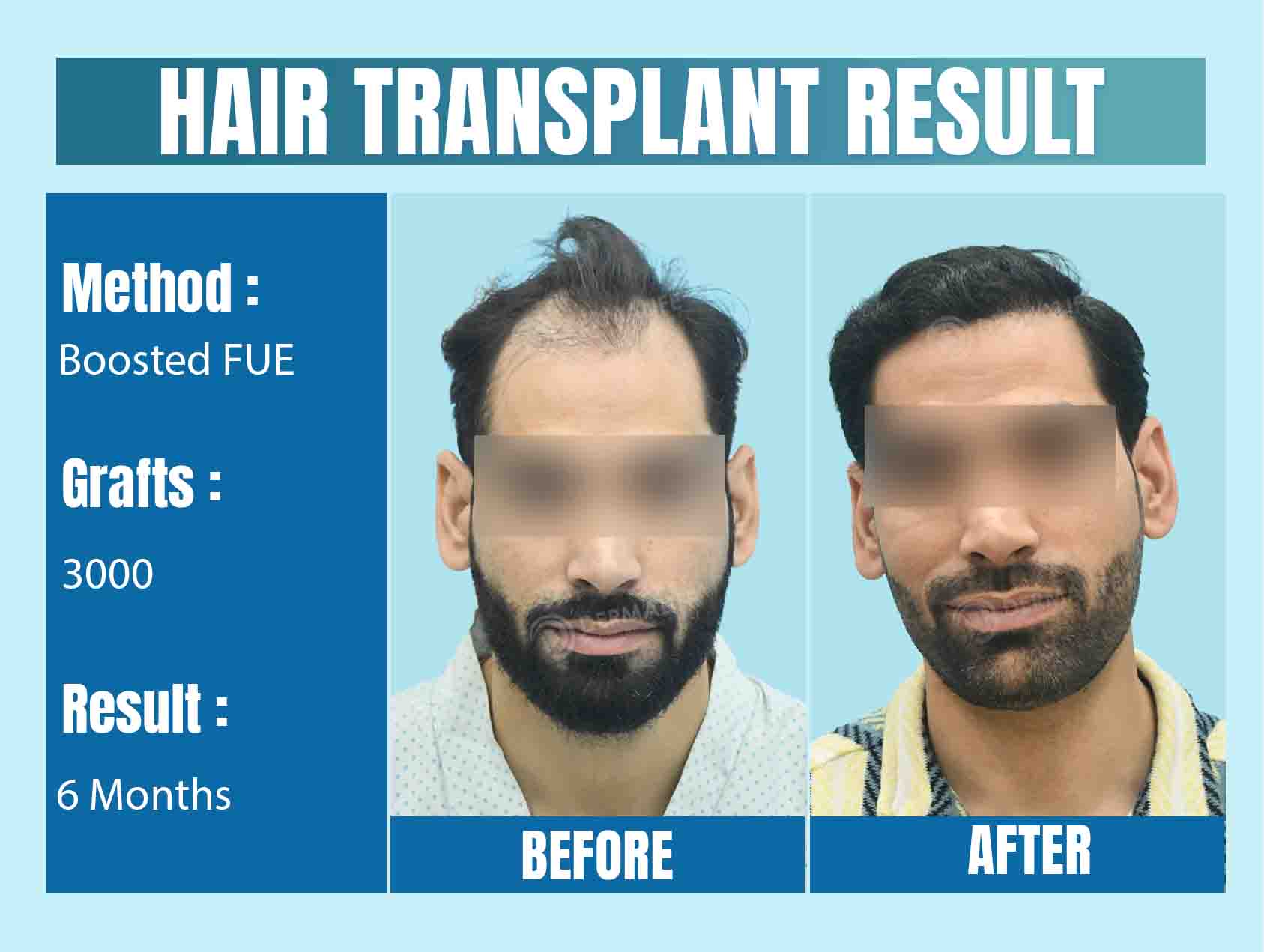


The stunning look after a hair transplant procedure is worth a lifetime achievement. The nitty-gritty techniques to restore lost hair have long lost their effectiveness. Though the cosmetic industry is branding heavy-duty products to prevent hair loss, they have yet to provide a promising solution for patterned baldness. On the bright side, the hair transplant procedure provides a safe and quick answer to your hair loss problems. The hair transplant clinic in Kerala has become a common destination for people from far and wide, paving the way for vibrant and healthy hair rejuvenation.
A hair transplant is a minimally invasive surgical procedure that requires the expert guidance of a certified hair transplant surgeon. The hair follicles from a healthy source (back side of the head, neck area of beard in rare cases) are removed during a hair transplant and placed on the bald area, progressively growing into thick, natural-looking hair. It not only improves your appearance but also gives you a much-needed confidence boost. The majority of hair loss difficulties can be treated with the right intervention from medical professionals with experience in hair treatment techniques. Hair transplant in Kerala offers the best treatment plans at an affordable cost. The state has several clinics equipped with advanced techniques and trained surgeons with decades of experience. The promising results of aesthetic surgeries have also attracted international patients seeking hair transplant procedures at an affordable cost.
Kerala is known for its tropical monsoon climate, and people here experience heavy humidity. People experiencing hair loss have increased in number, with more men reporting higher hair fall than women.
The best hair transplant in Kerala offers a wide range of services in treating hair loss with a success rate of more than 95%. The most common techniques used for hair restoration programs in Kerala follow the following two categories.
FUT (Follicular Unit Transplantation) is a procedure that involves extracting a strip of healthy scalp and dissecting it into individual hair grafts. The bald spot is subsequently covered with these.
FUE (Follicular Unit Extraction) is a technique that involves extracting individual hair follicles from the donor area and transplanting them to the recipient area. No Root Touch Technique of implantation is one of the most recent advancements in the boosted FUE method.
For the best results, your surgeon may suggest a combination of treatments, such as the use of Hair Re-growth treatment, which provides a boost to transplanted hair to achieve a long-term result.
Numerous accredited facilities with the advantage of cutting-edge technologies and combination treatments for successful hair restoration offer the best hair transplant in Kerala.
Irrespective of your cost, the outcome of a hair transplant in Kerala is of prime importance. However, the treatment costs must be recognized for better financial planning. The cost of hair transplants varies significantly, and these differences can be seen among clinics and treatment methods. The following are some of the elements that influence hair transplantation in Kerala:
Your surgeon will help in analyzing the treatment plans at the most affordable cost based on the patient's health and additional requirements. Hence, selecting your surgeon is of utmost importance, which not only ensures better outcomes but also lowers the cost of the procedure. A better understanding of hair transplant expenses in different cities can be obtained from the following table.
|
Attributes |
Hair Transplant Price Kerala(Rs) |
|||||
|
Mumbai |
Delhi |
Chennai |
Bangalore |
Rajasthan |
Kerala |
|
|
Lowest Cost |
30,000 |
35,000 |
35,000 |
40,000 |
35,000 |
40,000 |
|
Average Cost |
96,000 |
60,000 |
75,000 |
98,000 |
60,000 |
50,000 |
|
Highest Cost |
3,00,000 |
1,25,000 |
2,25,000 |
1,65,000 |
4,00,000 |
4,00,000 |
|
Average cost for male pattern baldness |
60,000 |
50,000 |
55,000 |
80,000 |
48,000 |
50,000 |
|
Average cost for female pattern baldness |
60,000 |
50,000 |
55,000 |
80,000 |
48,000 |
50,000 |
|
Note: The hair transplant cost in Kerala shown is a rough estimate and may vary from clinic to clinic. |
||||||
Your hair transplant surgeon in Kerala should be experienced, competent, and capable of performing a successful procedure. They should also have a proven track record of success. For the following reasons, Dermalife, run by Delhi's top-trained physicians, is the ideal platform for offering the best therapeutic solutions for your hair loss issue at a reasonable price.
The center provides a variety of therapy options, including: